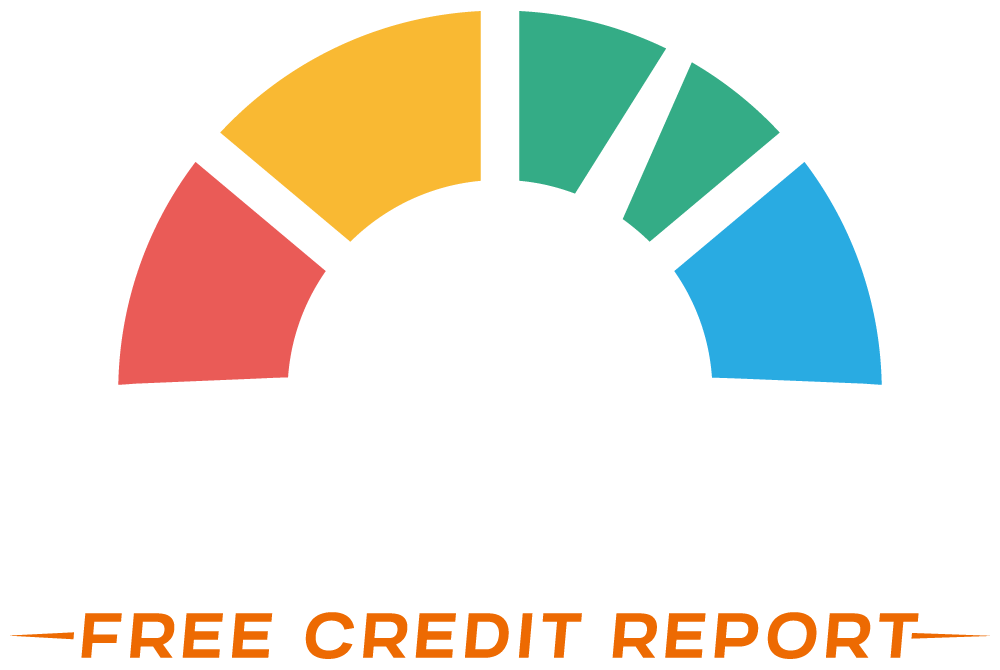Be Informed About Your Loan Options
In the dynamics of world's economy, the major part of economic and commercial activities is controlled or regulated by the banking industry. In a growing capitalist environment that prevails in most of the countries of the world, this industry has seen a dramatic boom in last few decades. Banks and other financial institutions rely on their business of loans and credits that they provide to individuals or corporate entities. This principal function of providing them at the cost of a wide range of interest rates has brought the term 'credit industry' - a multi-billion dollar industry in the U.S. alone.
The reason why this industry experiences a continuous rise is simple - we all need a loan or credit. Even if we do not need it that bad, attractive terms attached to it tempt us to opt for bank credits for a new car, a new home or even for a new home entertainment system. Loans are useful only when you can afford it and only when banks approve it. Availing it is not as easy as the newspaper ads or TV commercials. There are many terms, conditions and hidden strings attached to different credit programs. The first and foremost of them is your credit worthiness. Your lending bank or financial institution needs a guarantee or security of their investment. This means they need to be sure if you are actually capable of paying back the loan you are about to take. In most of the countries this assurance of security is provided by the legal obligations and bindings a borrower commit to his/her lender with the help of contracts, bonds etc. They are usually accompanied by a client assessment in some form.
The assessment of the client's credit worthiness differs from country to country but in the U.S. and few other developed countries, a unique system of Credit Score (also referred to as Credit Report in general) is used to judge one's worthiness. The system is in fact a pre-approval of the eligibility for a loan based on a financial history and status of the applicant.
Credit score is essentially a numerical expression based on different statistical inputs about a client. There are bureaus or reference agencies who calculate and reveal your credit score. Lenders use these scores to assess their risks of investment. Credit scores in fact approve or disapprove a loan to the client, decide on particular package, determine the interest rates and total credit limits. It is therefore very important to have and maintain a good credit report to secure good score. A bad credit score may not approve a higher limit and/or lower interest rates. Chances are, if you avail a loan with higher interest rates, you may not perform well in repayment which will in turn tarnish your credit report resulting in a worse score in future.
To avoid such disasters of rejection or approval of loan with strict conditions, you need to know your credit score first and then try to improve it. There are lenders who would do the credit scoring at no cost. Look for these lenders or other resources from web to find your score. Identify the areas (like payment of previous loan installments, reducing the number of loans etc) that can be improved to raise your score. Remember credit score is becoming a popular risk evaluation tool not only for banks but many other providers of products and services too.







